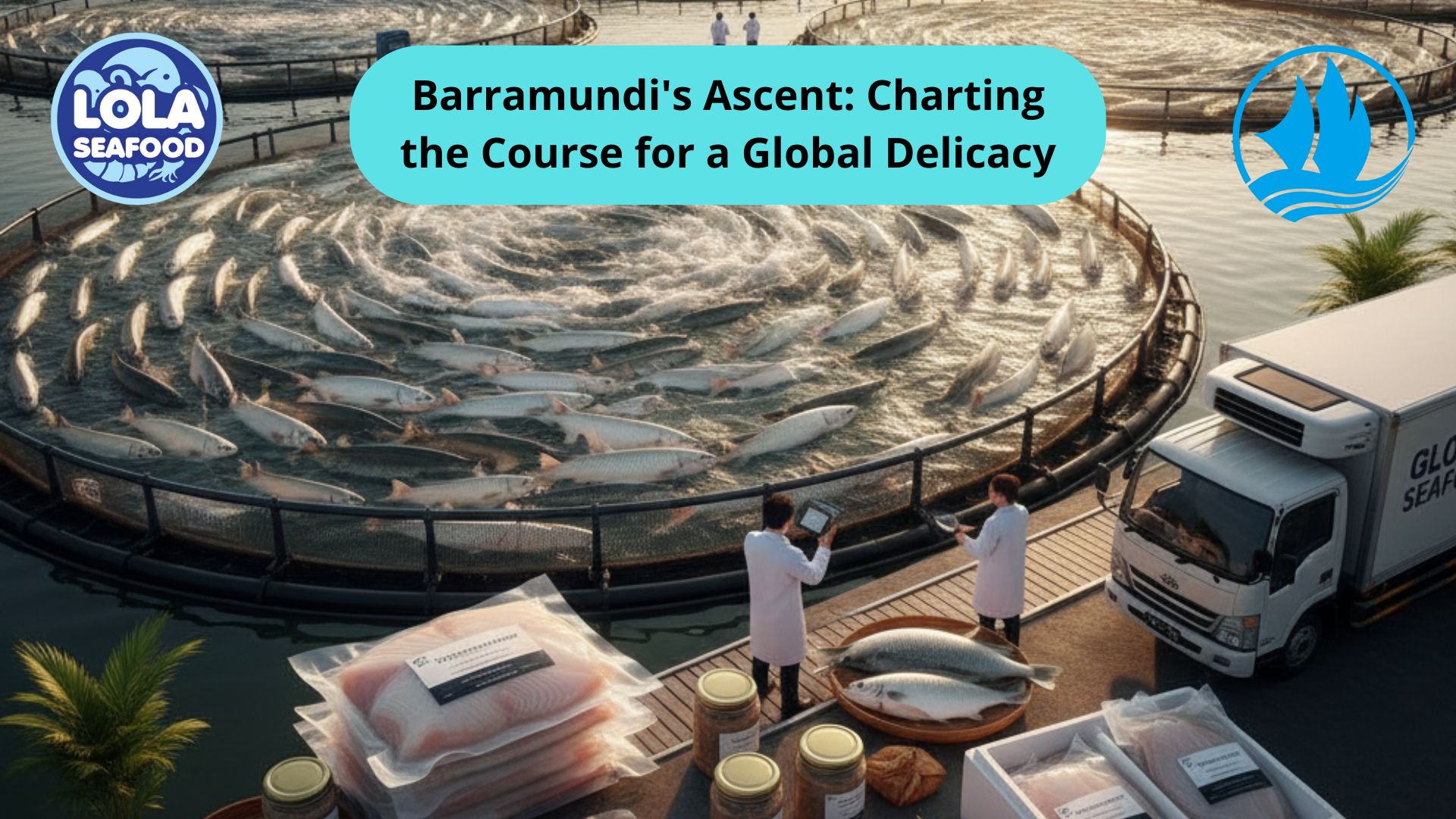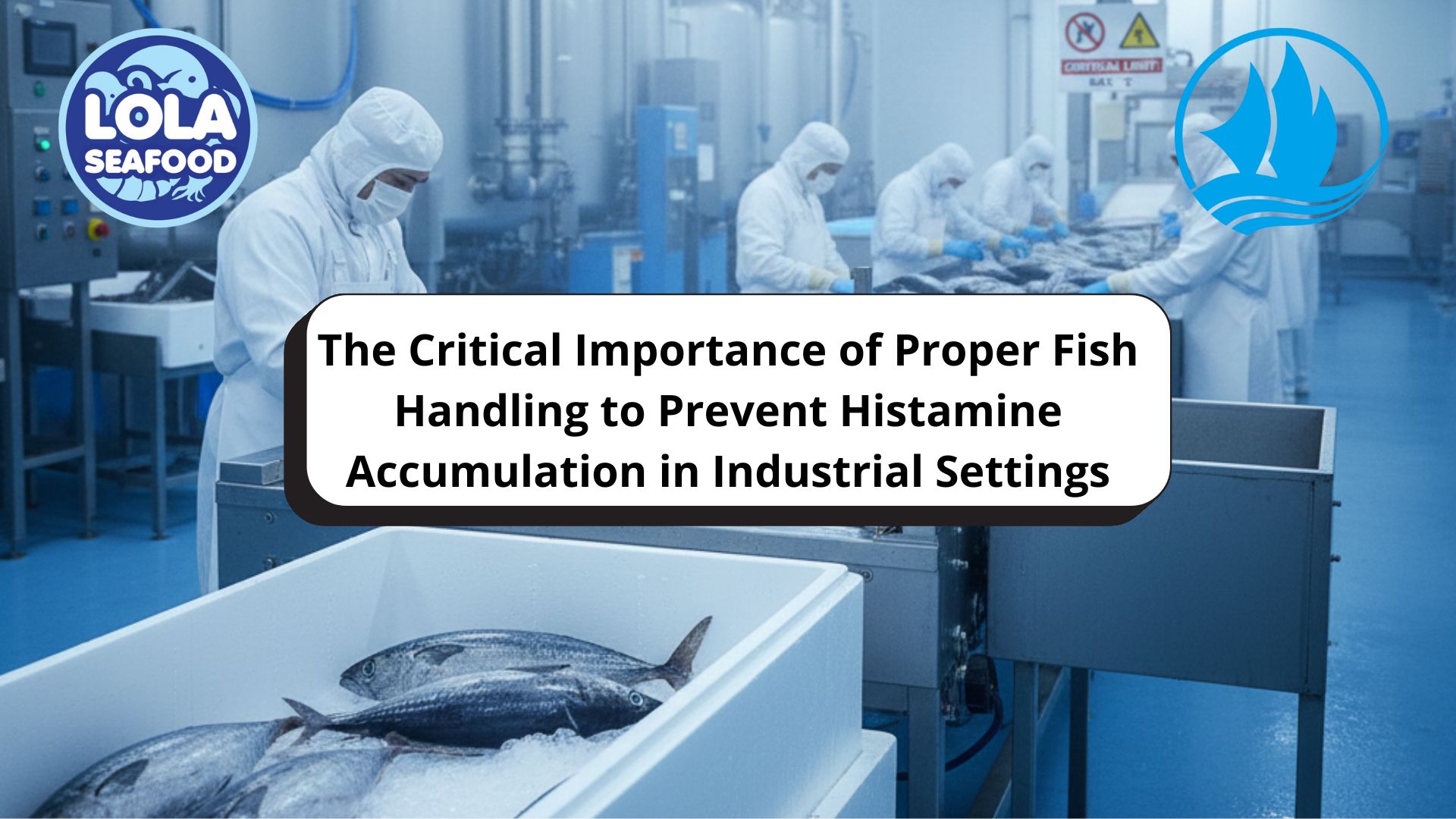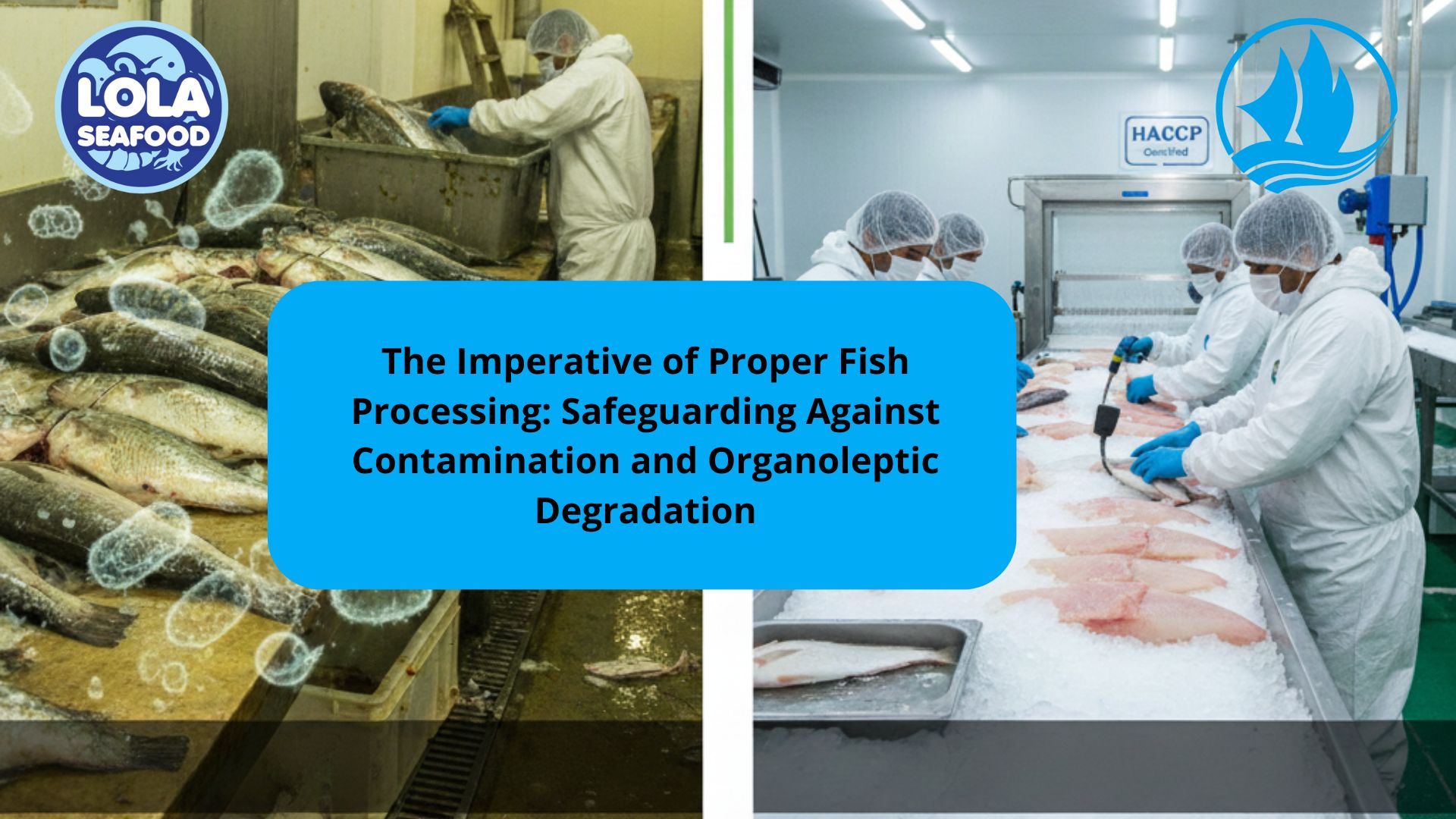5 Reasons Why Grouper Fish Are Widely Found in Indonesian Oceans
By. Kusni - 03 Feb 2025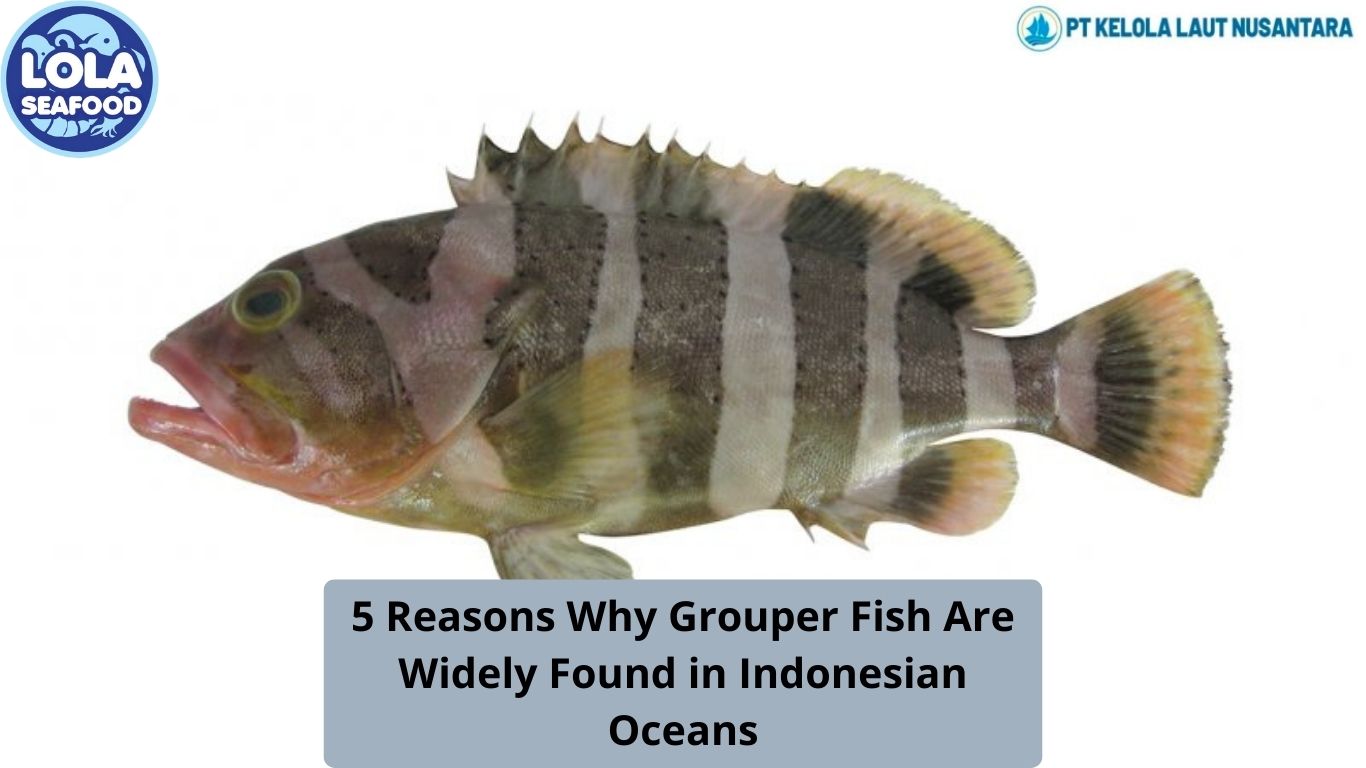
Kelolalaut.com Indonesia, an archipelagic nation with over 17,000 islands, is home to some of the richest marine biodiversity in the world. Among the many fish species that thrive in its waters, the grouper fish (Serranidae) stands out as one of the most abundant and economically valuable. These reef-dwelling fish are commonly found in Indonesian oceans due to several key factors that make the region ideal for their survival and proliferation. Below are five reasons why grouper fish are widely found in Indonesian waters.
1. Ideal Marine Habitat
Indonesia's vast marine ecosystems provide the perfect habitat for grouper fish. The country has an extensive network of coral reefs, mangroves, and seagrass beds, which serve as essential breeding and feeding grounds for groupers. These fish prefer warm, tropical waters and thrive in reef environments where they can find shelter from predators and ambush their prey. The Coral Triangle, which includes Indonesia, is known for its high marine biodiversity and is considered one of the best places in the world for grouper fish to flourish.
2. Favourable Climate and Water Conditions
Grouper fish require stable and warm sea temperatures to thrive. Indonesia, located along the equator, enjoys a tropical climate with warm ocean currents that create optimal conditions for marine life. The country's waters are also rich in oxygen and nutrients, thanks to the mixing of currents from the Pacific and Indian Oceans. These factors contribute to the abundance of food sources such as smaller fish and crustaceans, which are essential for grouper fish populations.
3. Rich Marine Biodiversity
Indonesia is home to over 3,000 species of fish, making it one of the most diverse marine ecosystems in the world. This biodiversity ensures a balanced and thriving marine food chain. Grouper fish are opportunistic predators that feed on smaller fish, squid, and crustaceans, all of which are plentiful in Indonesian waters. The abundance of prey allows groupers to grow quickly and maintain stable populations, making Indonesia an ideal environment for their survival.
4. Limited Natural Predators
While groupers have some natural predators, such as sharks and larger predatory fish, their ability to camouflage within coral reefs helps them evade threats. Additionally, the large size and aggressive nature of some grouper species make them less vulnerable to predation. Indonesia's well-preserved marine ecosystems ensure that natural predator-prey relationships remain balanced, allowing grouper populations to sustain themselves without facing excessive threats from other marine predators.
5. Sustainable Aquaculture and Fishing Practices
Indonesia is one of the world's leading exporters of grouper fish, thanks to its well-developed aquaculture and fishing industries. Many coastal communities engage in grouper farming, which reduces pressure on wild populations while ensuring a steady supply for domestic and international markets. Government initiatives and conservation programs also help regulate fishing activities to prevent overexploitation. These efforts contribute to the continuous availability of grouper fish in Indonesian waters.
Indonesia's unique geographical position, rich marine biodiversity, and sustainable fishing practices make it an ideal habitat for grouper fish. With favourable environmental conditions and conservation efforts in place, the country continues to be a global hotspot for grouper populations. As demand for these fish grows, sustainable management will be key to ensuring their long-term presence in Indonesian waters.
If youre interested in our Grouper Fillet Skinless, Grouper Black Dotted Whole Round, and Grouper Fillet Portion Cut please do not hesitate to contact us through email and/or whatsapp
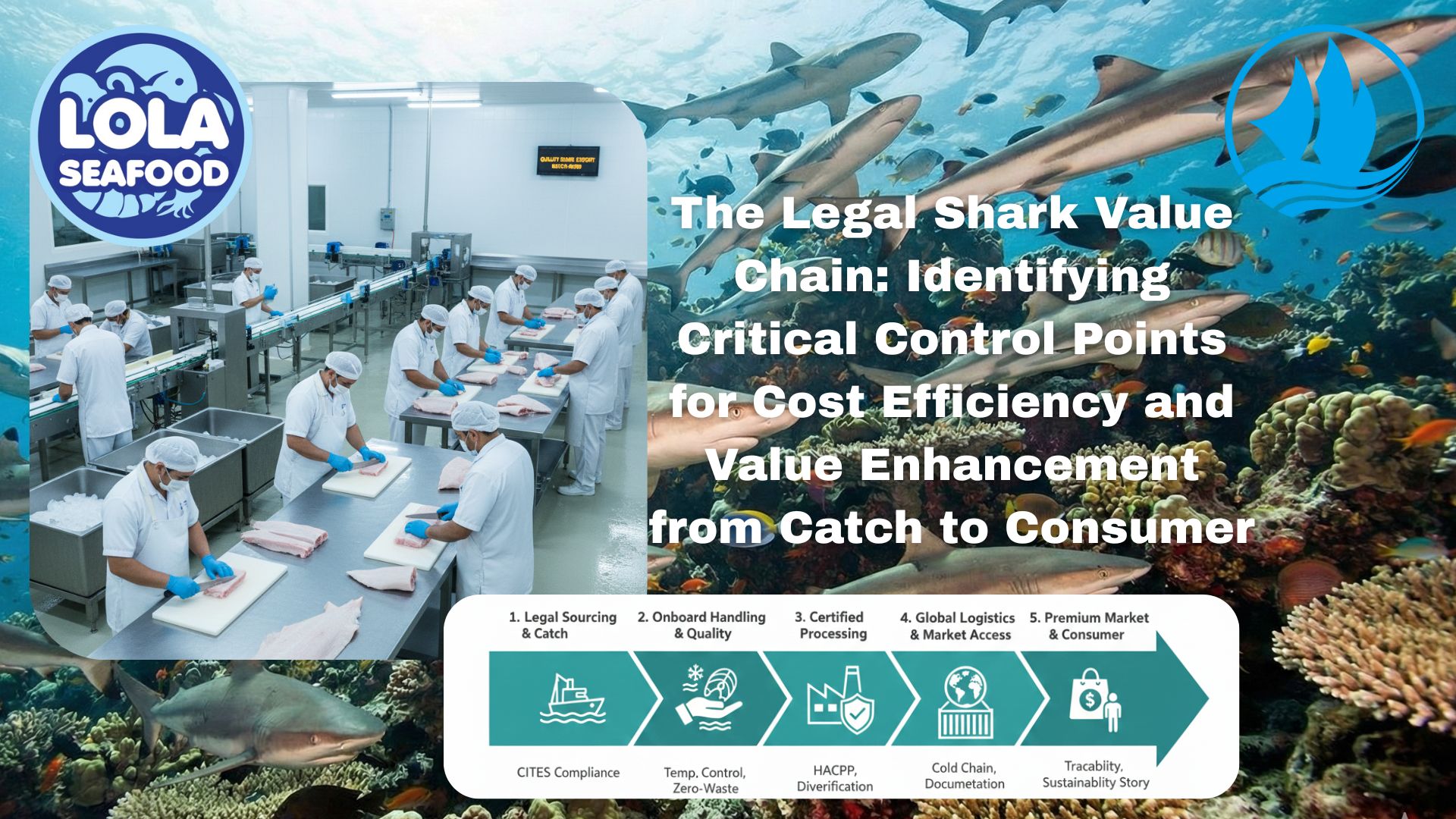
The Legal Shark Value Chain: Identifying Critical Control Points for Cost Efficiency and Value Enhancement from Catch to Consumer

Global Trust Across Three Segments: How the HACCP System Ensures Premium Quality for Demersal, Pelagic Fish, and Legal Shark Product Utilization
.jpg)
Green Investment, Profitable Harvest: How Sustainability Practices Reduce Operating Costs in Fish Fillet Processing Plants (Skin-On and Skin-Less)
 in Meeting Global Protein Demand Sustainably.jpg)
